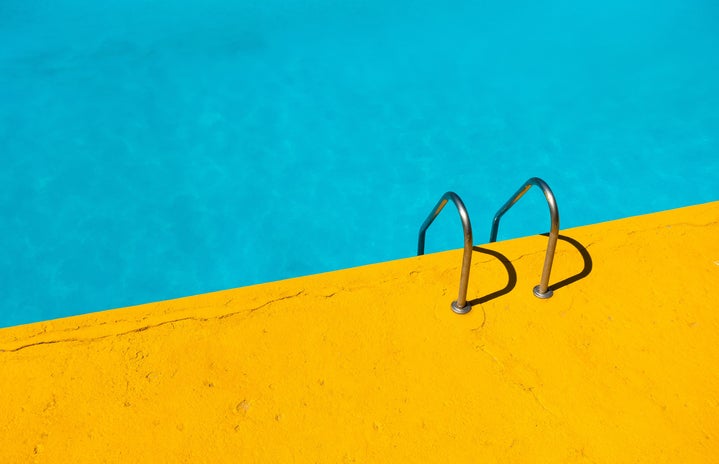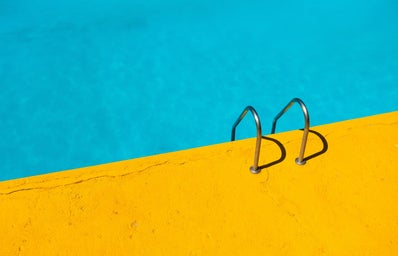There’s been a lot of conversation about service trips lately, with the term voluntourism and the idea of a savior complex being at the the forefront of people’s minds. And since it was spring break, many students, including myself, headed out on service learning trips through Hamline’s Catalyst program.
To add to the controversy, the trip I went on focused on hunger and homelessness in Washington, D.C., a trip that got its reputation because of “The Plunge,” where students spent 48 hours outside to “experience” what it’s like to be homeless. Because of the backlash, this piece of the trip was rightfully removed.
While I wasn’t on a trip where this was included, I wasn’t blind to the stigma now attached to service trips, specifically this one, on our campus. As someone who attended mission trips throughout high school, I was excited to attend a service trip in college, but given the climate surrounding these trips, I almost felt self-conscious telling people I was attending a Catalyst trip for my spring break.
Looking back, my self-consciousness, though valid, was also unnecessary, especially since most people spend break on vacations that exploit poorer nations. Vacationing in Mexico while ignoring the extreme poverty in their nation or the immigration situation of Mexicans in the United States isn’t any better than me going to D.C. to try and learn about hunger and homelessness despite the fact that I don’t have food or housing insecurity.
This isn’t meant to come for people who choose to vacation in another country or to say that I am somehow better for spending my spring break “alternatively,” because I’m not. This is just to say that people are quick to criticize service trips while still participating in trips themselves where their privilege is harming others.
Like I said, I have attended many mission trips; And although I loved them, looking back at them now, I do see the issues. There was a push to always get that “warm fuzzy feeling inside” and look back on a day of volunteering and reflect on “all the good” that we’d done on the community. This was problematic, yes, and I’m glad I’ve matured enough to criticize something that I once really loved.
With that, I was able to see how this D.C. trip, though still flawed (as all service trips are), was much different than any other I’d been on. We spent our days volunteering and our nights enjoying what D.C. had to offer – but we also sat down to talk critically about systemic issues and to reflect on why our work – a mere Band-aid for a much deeper wound– wasn’t enough.
We learned to not be afraid to ask where a non-profit was lacking, or to question why the system sets people up to fall into poverty and or homelessness. We can give people all the clothing, food and pathways back to a sustainable life needed, but what are we doing to stop people from needing this help in the first place?
While there is of course no easy answer to any of these, during this trip, we discussed it. We addressed that our work serving food or sorting through donating clothing was not enough because of the privileged powers pushing people into poverty, and the systemic barriers keeping people in poverty. These things were never discussed on any mission trip I had been on before.
Though questioning and learning as much as I could in a week still isn’t enough, I can say that I feel as though I have a more educated and critical view of what hunger and homelessness looks like, and I can acknowledge that my own privileges may be an oppressing factor to others.
With this knowledge, I hope to return to the Midway more aware of how I’m impacting those who are experiencing homelessness and what more I can do to both provide resources while working to fight the system that pushes people into homelessness.
Will this be enough? No, but it’s impossible to know what will ever be enough. The best I can do is continue to educate myself and think critically about why our country’s system is the way it is, and continue to help others along the way as I’m able.
When it comes down to it, I am human and they are human, we are the same. And in a system that doesn’t value a human as a human but rather on their background, skin color or financial status, having humans value all other humans equally is one of the most important and radical things that can be done.



